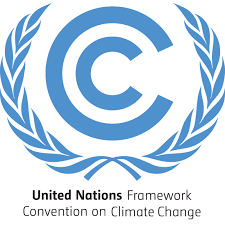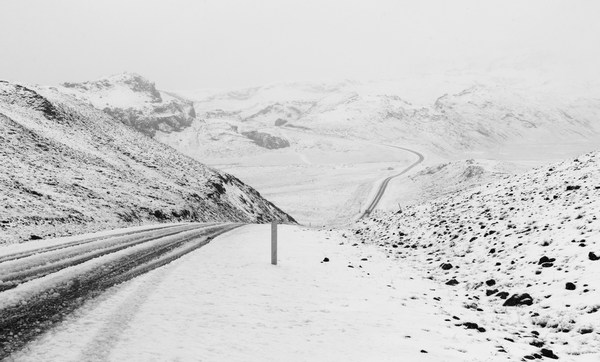
Speaking at the UN!
I’m really excited to be invited to participate and speak at a new UN initiative called Resilience Frontiers. I am told that its quite a pioneering event and I am due to deliver the Closing Keynote talk on the 12th April. I would love to get any of your input over the coming days. I am interested in any recent articles, research or opinions about the future of our planet, resilience and climate change, and especially thoughts about technology as it relates to eco-systems and climate change (as both a solution and as a factor/cause).
After I named my daughter Gaya (Asian spelling of Gaia) over four years ago I’ve been even more interested in the future of our planet. I tried to track down James Lovelock who coined Gaia theory and ended up doing an MSc in ecological issues, Gaia theory and the new sciences. I’m really honoured and excited to be involved. I feel a great responsibility for my daughters’ generation.

Resilience Frontiers is “undertaken by the UNFCCC secretariat in collaboration with Canada’s International Development Research Centre, EIT Climate-KIC, the Food and Agriculture Organization of the United Nations, the Global Water Partnership, the Green Climate Fund, the United Nations Educational, Scientific and Cultural Organization, the United Nations Environment Programme, and the United Nations Office for Outer Space Affairs…….it will bring together 100 visionary thinkers and thought leaders from international organizations as well as non-profit, private and academic/research entities, for five days of collective learning and brainstorming sessions.
I like the fact that for the first time they are endeavouring to open up the dialogue to “how can we envision the whole spectrum of future risks without considering the tenets of the fourth industrial revolution, including implications of artificial intelligence, big data, blockchain, biotechnology and autonomous systems, among other drivers of change? How can we try and mitigate future risks without factoring in the possible evolution of emerging social trends powered by a sustainability ethos, such as local and organic production and consumption practices, as well as restorative design fueled by indigenous knowledge? How can we think long term without using the tools of futurists and foresight experts, and applying new skills to envision and co-create the future?”
